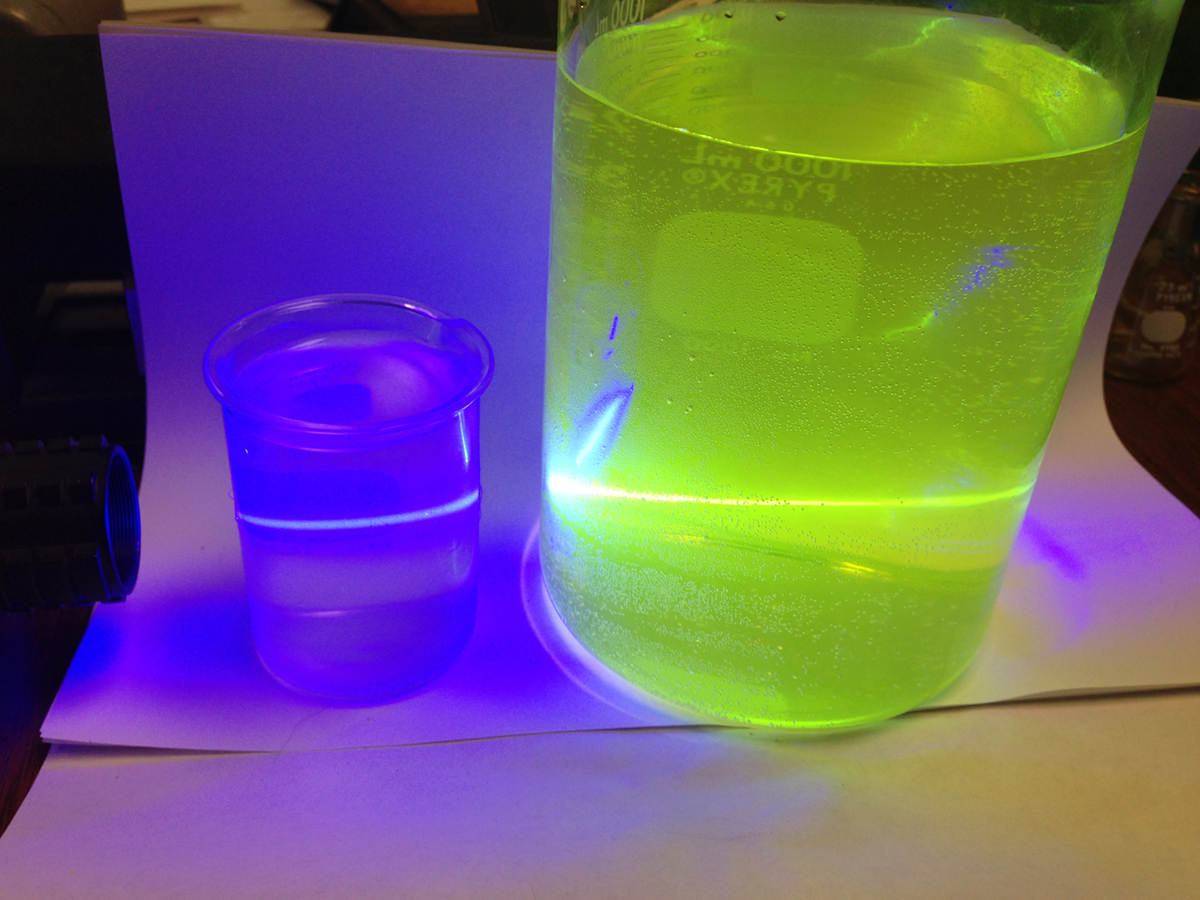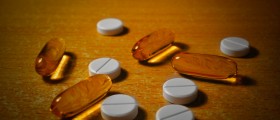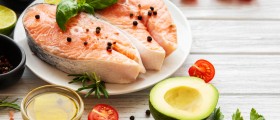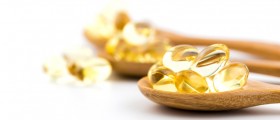
Riboflavin belongs to an important group of vitamins known as B vitamins. Apart from riboflavin (B2) this group contains thiamine (B1), niacin (B3), pantothenic acid (B5), pyridoxine (B6), biotin (B7), folic acid (B9) and Cyanocobalamin (B12). All these vitamins are essential for maintenance of proper health and need to be taken on a daily bases. The dose of each vitamin is prescribed and one is never supposed to exceed it.
Health Benefits of Riboflavin
Riboflavin belongs to a group of water-soluble vitamins. Its primary function is maintaining of the metabolism and it also assists in digestion. Furthermore, riboflavin promotes the activity of a few vitamins of B group of vitamins such as niacin and pyridoxine. There is no proper growth of the body cell unless there is insufficient intake of riboflavin. The vitamin is also essential in processing of amino acids and fats. One more characteristic of B2 vitamin is that it acts as a powerful antioxidant and prevents damage to the body cells and their components caused by free radicals. Since riboflavin also promotes health of the skin its deficiency leads to dull skin and cracked lips. The vitamin can be taken in required daily doses if one consumes proper food. Supplements are only recommended by doctor who decides whether there is riboflavin deficiency or the person simply needs to increase a bit the intake of B2 vitamin.
Foods Rich in Riboflavin
Riboflavin can be found in both, plants and animal products. As for plants riboflavin can be utilized from whole grains, turnip greens, beets, asparagus, collards, spinach, broccoli, almonds, walnuts, soy nuts, pistachio, papaya, raisins, currants, custard apples, bananas and apricots. It is also found in mushrooms.
People who are not vegetarians and consume meat and meat products can obtain riboflavin from beef liver and those who do not eat meat can find this vitamin in salmon, trout, herring, sardines, mackerel and shellfish. Furthermore, riboflavin is a component of eggs and majority of dairy products.
Riboflavin Dosage
This particular vitamin is required in little amounts. For example, infants and small children require 0.3-0.9 mg per day. Furthermore, adults require 1-1.3 mg of riboflavin each day. The dose of the vitamin is slightly increased in pregnant women and in those who are breastfeeding. They need 1.6 mg of riboflavin per day. All the previously mentioned doses can be easily obtained if one has a well balanced diet and consumes foods rich in riboflavin on a daily bases. Riboflavin deficiency is rather rare and this can be explained by the fact that humans actually do not require extremely large daily doses of the vitamin. So if deficiency eventually occurs the doctor may prescribe supplements but one should stick to the prescribed dose since excess of riboflavin supplements may cause toxicity. This also refers to people who are taking this vitamin without consulting a doctor. In prolonged usage of riboflavin supplements the risk of toxicity is increased.

















Your thoughts on this
Loading...